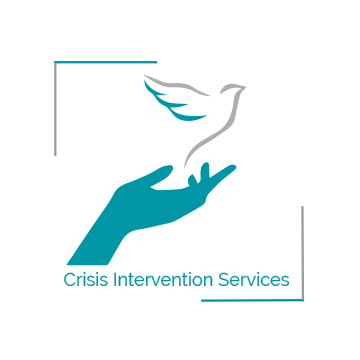Assessing Your Child’s Mental Health In the Aftermath of Trauma

Written by Lela Devries
Children express a variety of behaviors as they learn and mature, but when they experience trauma at an early age it becomes a whole new conversation.
Our kids can bring a lot of joy and light to our lives, but it can bring such pain to see them struggle. Children who have been subjected to violence, abuse, or other traumatic events often develop various behaviors and reactions that will appear unusual and concerning. Understanding and helping your child cope with their delicate situation requires you to comprehend the what’s and why’s of their actions. Let’s talk about some of the behaviors and effects your child may be experiencing and how you can help them.
Your child may be experiencing some of the following situations as a result of their trauma:
- Difficulty sleeping (restless, nightmares, fatigue, etc.)
- Developing a lack of interest
- Anger-related episodes
- Stress
- Depression/Personality shifts
- Difficulty establishing trust
- Explicit use of sexual knowledge, terms, and behaviors
If you’ve noticed your child displaying any of these characteristics, it is important that you address them immediately and do not ignore the signs. By addressing these issues on all levels (emotional, physical, verbal) you can open the door of communication to the child, offering a safe place for expression. Being an advocate in prevention, positive communication, and education means you are taking the extra step to help a child heal.
Each scenario is different. A child may not be suffering through as much mental trauma as other kids, if that’s the case- that’s ok too. Every child will react and respond to their case in their own unique way. Your opportunity here is to engage with them for their safety, and as a point of confidence to let them know they are not alone in their healing.
Age is another important factor to consider. Younger children may re-enact their experience during play time, while older children may take on more serious behaviors. Pay close attention in the way they reference their bodies (and others too). If they start using more derogatory terms or displaying inappropriate characteristics in their activities, then it’s time to step up and take action. Consult with professionals or other local resources for strategies to help you communicate to your children about these behaviors using age-sensitive discussions.
Finally, the most important takeaway from all of this is to be completely supportive of your child. Your care and compassion will serve as the guiding force in their continuing development moving forward. Make sure your child gets as much mental and physical support as possible early on- this can help offset the potential for other conditions to develop such as post-traumatic stress disorder. Even more concerning, sometimes these disorders can act as the catalyst for more problematic behaviors down the road like drug abuse or developing suicidal thoughts, if left unnoticed. Don’t let these mental breakdowns cause long-term complications for your children. Take the necessary steps to ensure they have every option to seek help and guidance when they need it most.
With your help, you can secure a brighter future for your child, even coming out of a place of darkness and confusion. Getting educated yourself about the potential effects traumatic events can have on a child will allow you to step into a position of safety, comfort, and reasoning amid your child’s healing process. The level of severity your child may face will vary, but with the supportive and reliable resources in your hands, you will be able to help your child feel safe and valued again.
Related Articles
Related
Eyes And Ears Open- A Snapshot Guide For Teachers To Recognize Suspected Child Abuse
School is starting up again, here’s what our teachers and educators need to be aware of as students make the return to the classroom In March of 2020, our world began to turn upside down as businesses began closing doors, events started cancelling, and school made the...
Peace at the Playground
A Discussion to Help Keep “Child’s Play” Safe and Appropriate in Your Community Parks The community playground serves as a gathering place where children can be active and build their imagination through social interaction and physical activity. Play time is...
A Lesson from the G.O.A.T- Overcoming Fear and Speaking Out
Some things are more important than titles and medals- confidence and self-respect The Tokyo 2020 Olympics are happening right now and while the world’s eyes are on one incredibly talented member of the U.S. Women’s Gymnastics team, there’s another reason to find...

